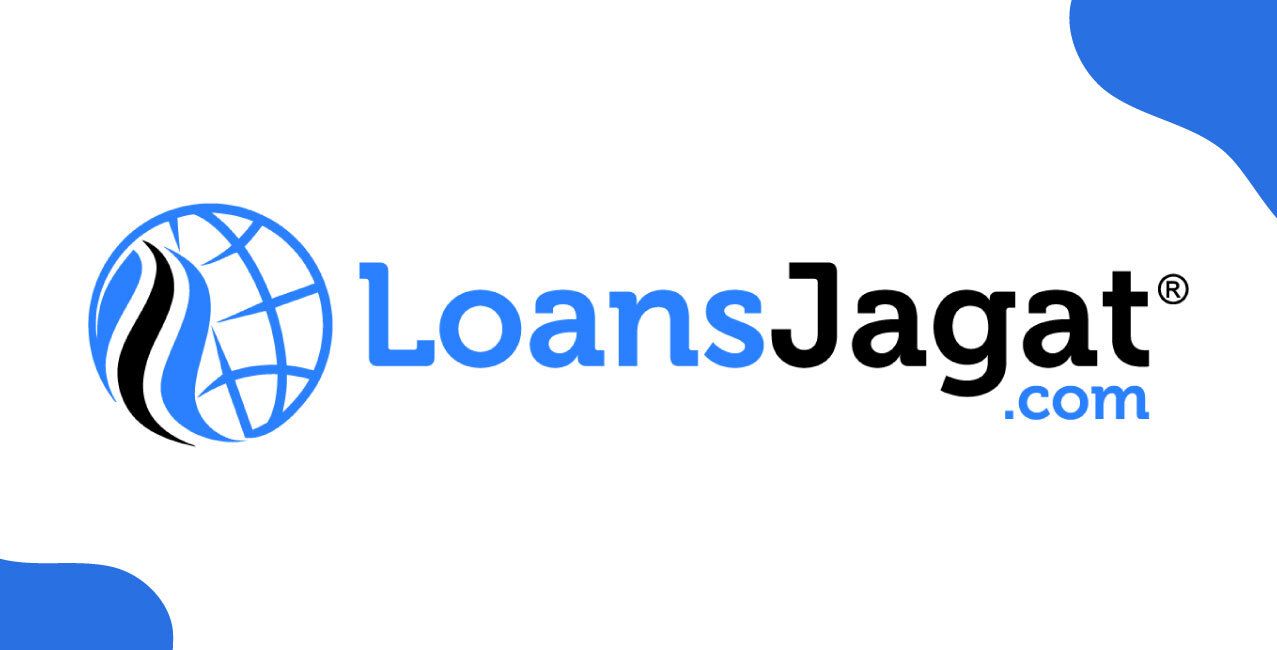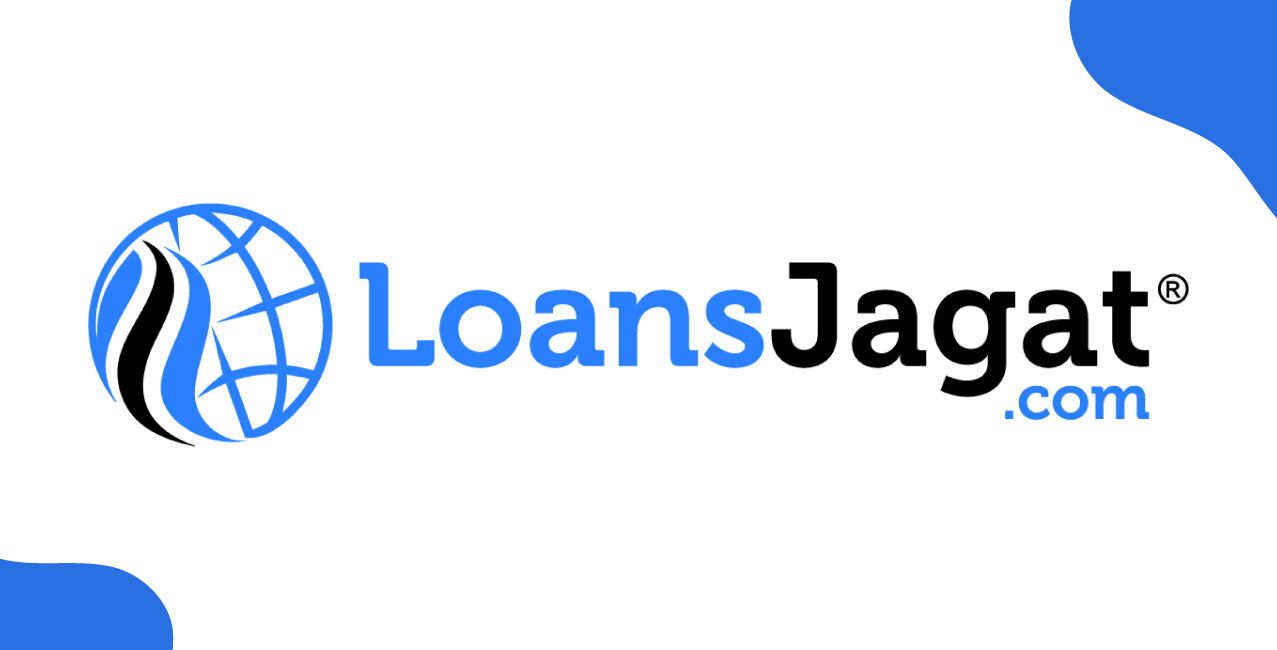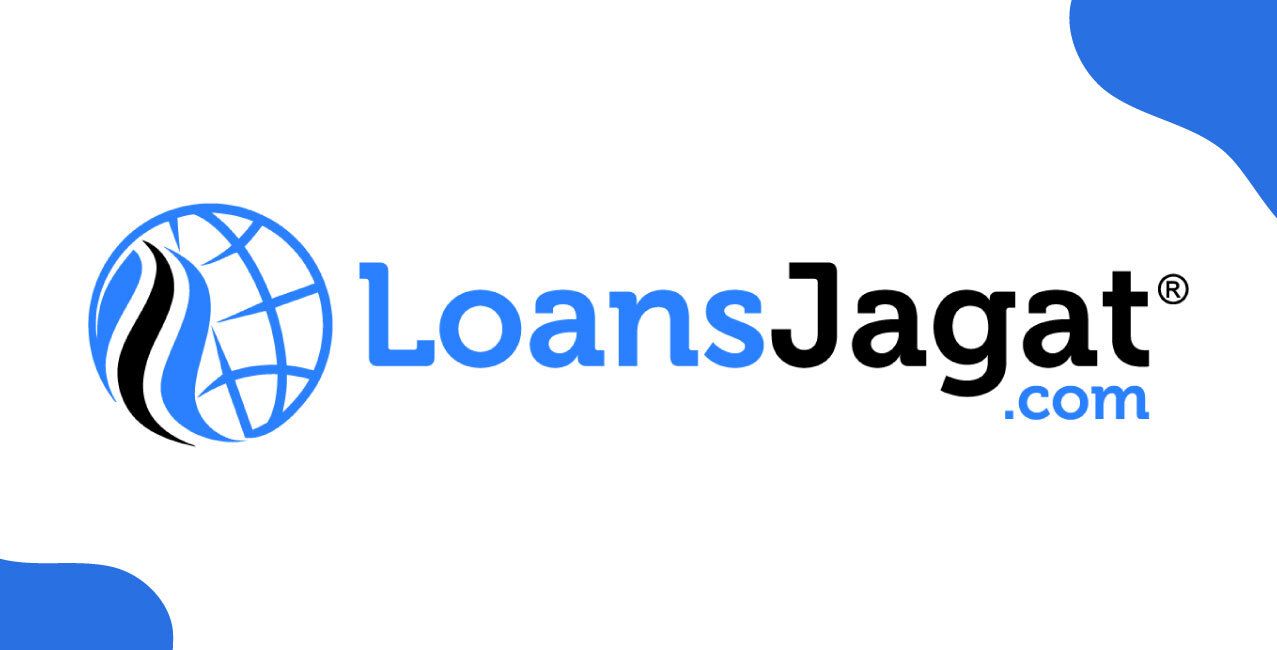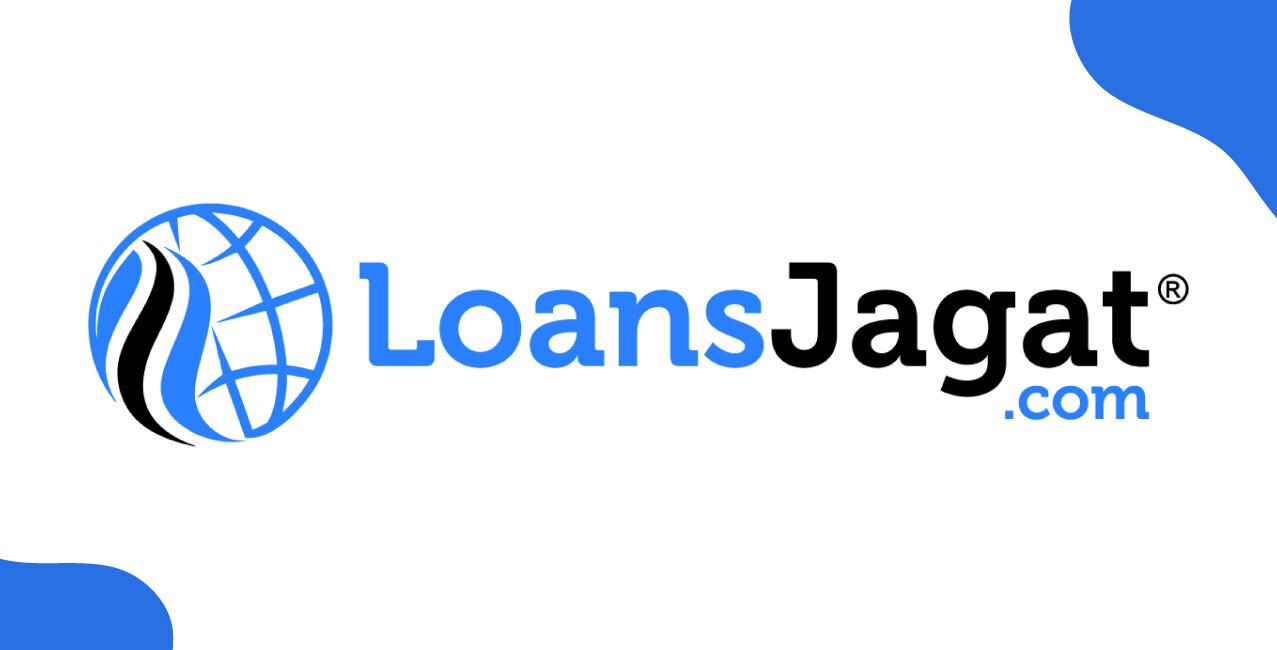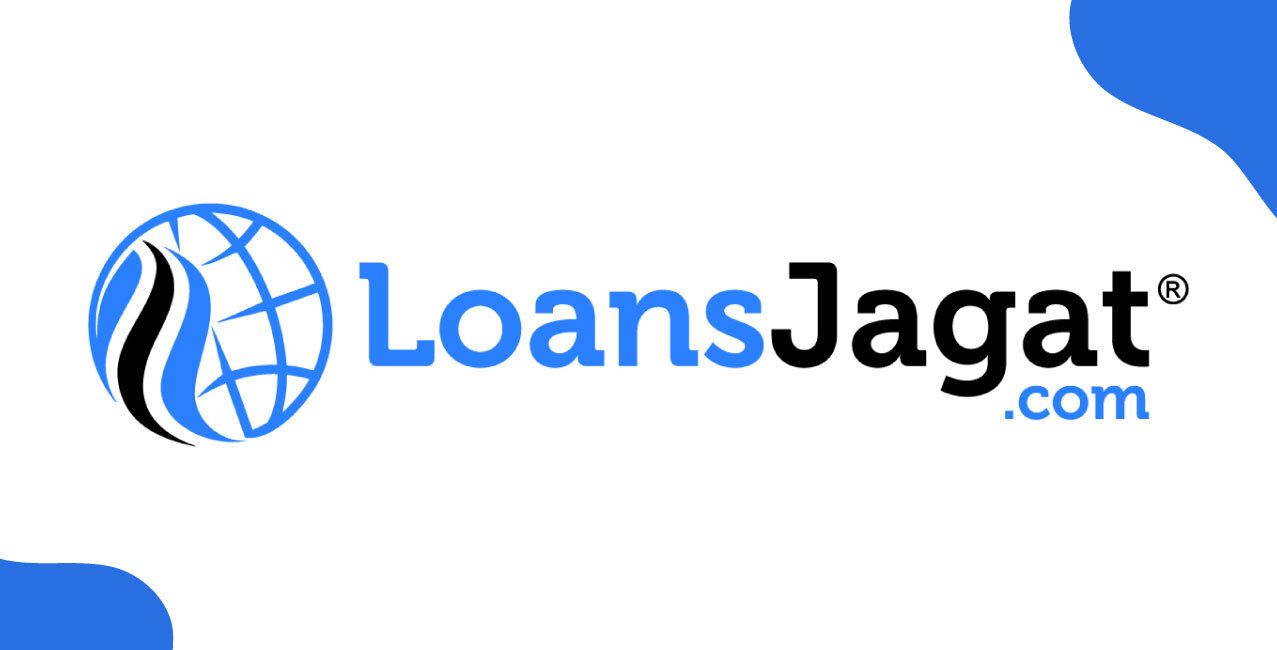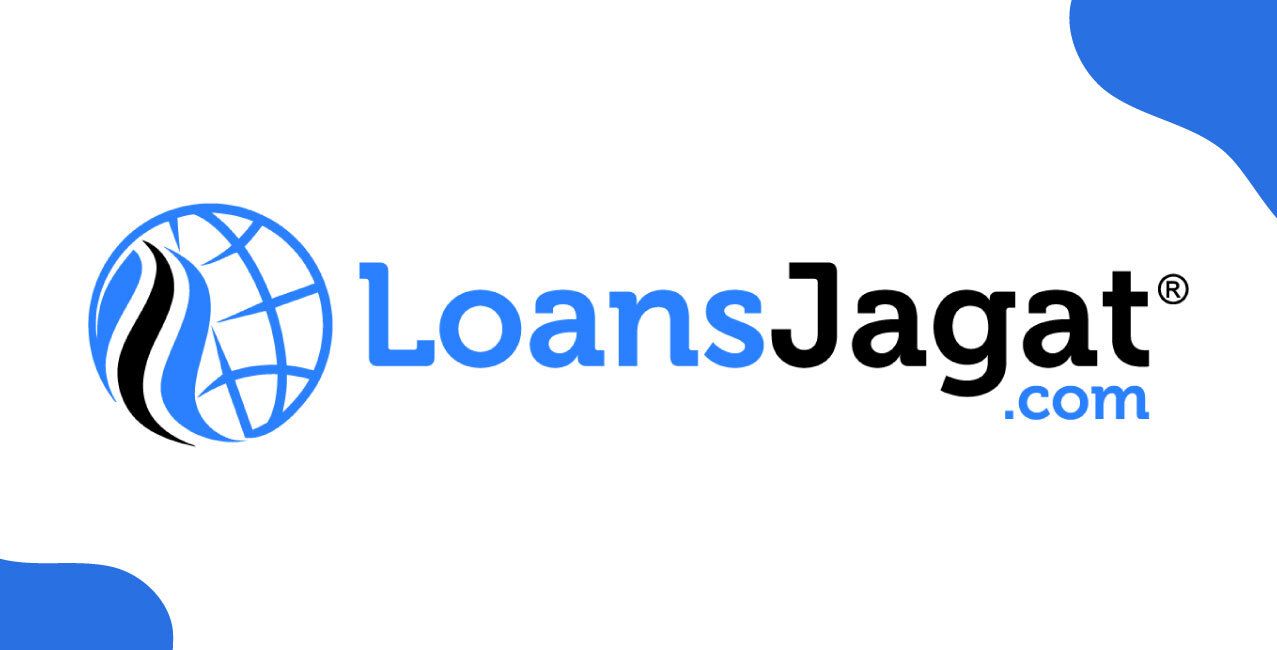Banks Will Pay You Worth ₹30 Lakh For Technical Errors: RBI Plans To Empower Ombudsman

Check Your Loan Eligibility Now
By continuing, you agree to LoansJagat's Credit Report Terms of Use, Terms and Conditions, Privacy Policy, and authorize contact via Call, SMS, Email, or WhatsApp
The Reserve Bank of India proposes a stronger grievance redressal system to ensure fairness and accountability across banks and financial institutions.
Imagine a retired teacher losing her pension payment due to a technical error in her bank account. Getting the money back could take months. Situations like these are not rare. Recognising such hardship, the Reserve Bank of India (RBI) has drafted a proposal to increase the ombudsman’s power to award higher compensation for aggrieved customers.
The move comes under the RBI customer grievance redressal reforms, released in a draft on October 4, 2025, inviting public feedback until October 28, 2025. If implemented, this will be part of the upgraded Integrated Ombudsman Scheme, 2025, replacing the earlier version launched in 2021.
RBI Ombudsman Compensation Limit Increase: What Has Changed?
The proposed changes aim to strengthen consumer protection. Currently, under the 2021 framework, the RBI ombudsman can award a maximum of ₹20 lakh for financial loss and ₹1 lakh for mental anguish or harassment. As per the Economic Times report (October 2025), the new draft raises these limits to ₹30 lakh and ₹3 lakh respectively.
This is one of the highest consumer compensation ceilings among financial regulators in India. The change is designed to reflect the rising value of digital and online financial transactions and the growing risk of service failures.
The following table shows how the RBI ombudsman compensation limit increase will affect customers once the proposal is approved.
The enhancement directly supports RBI’s goal of fair redressal and improved consumer confidence in digital banking.
The RBI’s 2025 draft aims to reflect today’s complex financial environment, where even a small error in digital payments can cost a customer lakhs of rupees. This change would ensure equitable remedies for customers without needing lengthy court action.
RBI Plans To Empower Banking Ombudsman
The RBI plans to empower the banking ombudsman further by extending its jurisdiction and improving internal accountability within banks. Under the 2025 draft, state and central co-operative banks will come under the ombudsman’s coverage from November 1, 2025.
This is a critical inclusion. Co-operative banks serve rural and semi-urban India, where awareness about complaint mechanisms is low. Bringing them under the RBI ombudsman ensures that every account holder, regardless of their bank’s structure, can seek justice for service failures.
The draft also focuses on Internal Ombudsmen (IO) within banks. These officials are meant to handle disputes before they reach the RBI level. The new rules may authorise them to award limited compensation for minor service lapses, reducing the number of escalations and easing the burden on the RBI system.
Below is a breakdown of the institutions covered under the current and proposed framework.
By widening the scope, the RBI ensures that all financial institutions, big or small, are accountable under a single redressal mechanism.
RBI Customer Grievance Redressal Reforms
The RBI customer grievance redressal reforms build on the theoretical framework established in the 2021 Integrated Ombudsman Scheme. That scheme unified three earlier versions covering banks, NBFCs, and digital payment systems. The idea was simple: one platform for every customer complaint.
In practice, however, many cases still lingered due to procedural delays within banks. The new draft aims to fix this. It introduces mandatory internal reviews before a complaint is escalated.
The RBI also plans to improve the customer experience by mandating faster processing timelines and stricter penalties for delay in redressal. It will also use data analytics to track complaint patterns and identify repeat offenders among banks.
The table below explains how the complaint handling process will work under the revised framework.
With these changes, RBI aims to ensure that customers face fewer procedural hurdles while banks are held more accountable for errors.
RBI New Rules For Aggrieved Customers Compensation: Link To Past Developments
The 2025 proposal fits with RBI’s past efforts to protect financial consumers. In 2019, RBI unified ombudsman systems across banks, NBFCs and digital payment platforms so that wallet users could also file complaints like bank customers.
As LoansJagat explains in “The Role of RBI and NPCI in Safeguarding India’s Financial Infrastructure”, RBI requires banks to maintain internal fraud resolution teams, and allows victims to escalate unresolved cases to the ombudsman.
The 2025 draft goes further, it proposes tougher penalties for banks that ignore ombudsman awards, and the tracking of repeat offenders. These measures aim to ensure that every complaint helps improve accountability across the banking network.
Government And Banking Response To The Proposal
Historically, both the government and banks have shown mixed responses to such reforms. In 2021, some large banks had expressed concern over operational costs associated with compliance. However, this time, early reactions appear more positive.
Officials at cooperative banks welcomed the draft, saying it could increase public trust in smaller banking institutions. Financial experts view this as a natural evolution toward transparency.
Government departments have yet to issue formal statements, but the inclusion of rural banks under RBI supervision aligns with national objectives of financial inclusion and digital accountability.
Conclusion
The RBI’s new draft represents more than a regulatory amendment. It attempts to build a stronger bridge between banks and customers. With the banking ombudsman compensation up to 30 lakh, the system will likely become more transparent and efficient.
If the proposal is approved, it may come into effect by early 2026. Customers will then have a more credible route to seek redressal without court intervention.
The RBI ombudsman compensation limit increase reflects India’s maturing financial system, where consumer protection stands at the centre of trust. The true success of this scheme will depend on how banks implement the internal mechanisms and how swiftly the ombudsman can deliver justice.
This reform marks a decisive moment for financial accountability in India, bridging the gap between grievance and resolution, one fair award at a time.
About the author

LoansJagat Team
Contributor‘Simplify Finance for Everyone.’ This is the common goal of our team, as we try to explain any topic with relatable examples. From personal to business finance, managing EMIs to becoming debt-free, we do extensive research on each and every parameter, so you don’t have to. Scroll up and have a look at what 15+ years of experience in the BFSI sector looks like.
Subscribe Now
Related Blog Post

Home Loan Interest Rates 2025 Deliver Major EMI Relief, Will Borrowers See More Gains In 2026?

Will the Indian Rupee Stabilise in 2026 After a Volatile 2025?
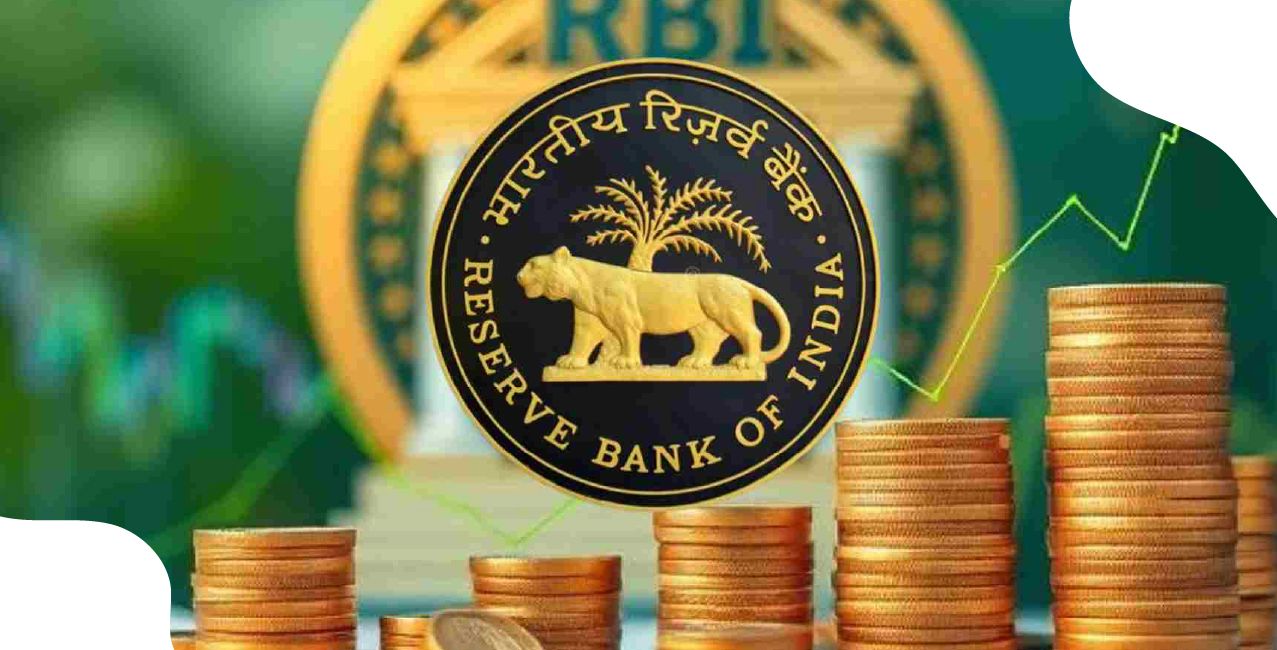
RBI Draft Rules Target Surprise Costs in Overseas Payments
Recent Blogs
All Topics
Contents
Quick Apply Loan
Consolidate your debts into one easy EMI.
Takes less than 2 minutes. No paperwork.
10 Lakhs+
Trusted Customers
2000 Cr+
Loans Disbursed
4.7/5
Google Reviews
20+
Banks & NBFCs Offers
Other services mentioned in this article
